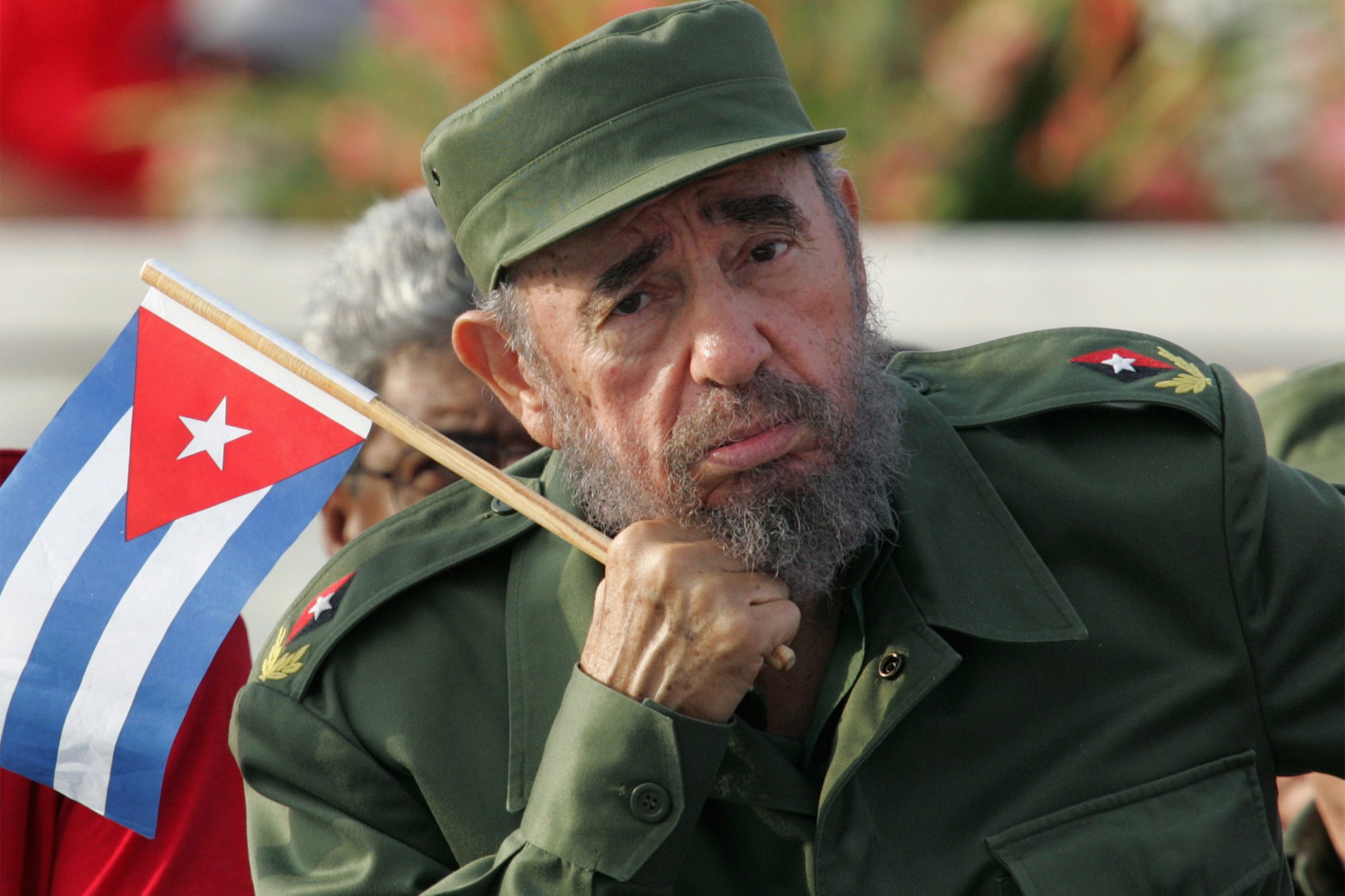Fidel Castro is dead and already the world feels a little duller because of it. Whether Castro was a good man is now a moot point. Let the historians argue about that, if they so desire. Whether he was a great man is a question that is far more worth asking. Even his many enemies will find it hard to deny that he was. To be great is to make a mark upon the world that you will remembered long after you have left it behind. Truth be told, there have been few more iconic political figures to emerge from the turmoil of the twentieth century.
A messiah to the far-left and a bogeyman to the far-right; Castro played both roles with aplomb. It is rare for a world leader to be so apparently self-aware of their own image. So carefully crafted was that image that it is doubtful to think he was ignorant of its value. There was the beard, the cigars and olive green uniform with the little cap. The latter item remains readily available for purchase from numerous stalls on Camden Market. Alongside his spiritual brother Che Guevara, Castro became symbolic of the revolutionary spirit which swept the post-war world. So distinctly symbolic have those two men indeed become, it should not be surprising if one day people assume them both to have been mythical.
A degree of comical surrealism was always a crucial part of Castro’s image. Case in point, it is strangely appropriate that the US attempted to assassinate him with an exploding cigar. There is an old idea that the fool is the only person daft enough to dare stand up to the king. Castro, when he refused to bow down to the US, came to be celebrated as a hero by a great many disenfranchised people. That he was able to sustain the paradox of being both a dictator and a counterculture rebel is a testament to his strength of will.
His conviction was, likewise, easy to admire. Even when Communism faltered and failed in the east, he seemingly never lost faith in its ideal. It is an academic question whether he demanded that Cuba pay too high a price to keep the dream alive. We all know what it is that paves the road to hell. There is an undeniably stark contrast between the mourning in Havana and the celebrations in Little Havana, the Miami neighbourhood populated by Cuban political exiles. In death, as in life, Castro refuses to be easily categorised as a hero or a villain.
For better or worse, there is unlikely to every be another world leader quite like Fidel Castro. Regardless of the sins that the man may have committed, there remains something in the idea of him which seems worth celebrating. In a world where men like Putin and Trump hold power, we need more fools to oppose them. To my mind, then, that lesson is Castro’s true legacy.
Rest easy comrade.
Michael Everritt
(Image courtesy of the Daily Beast)

